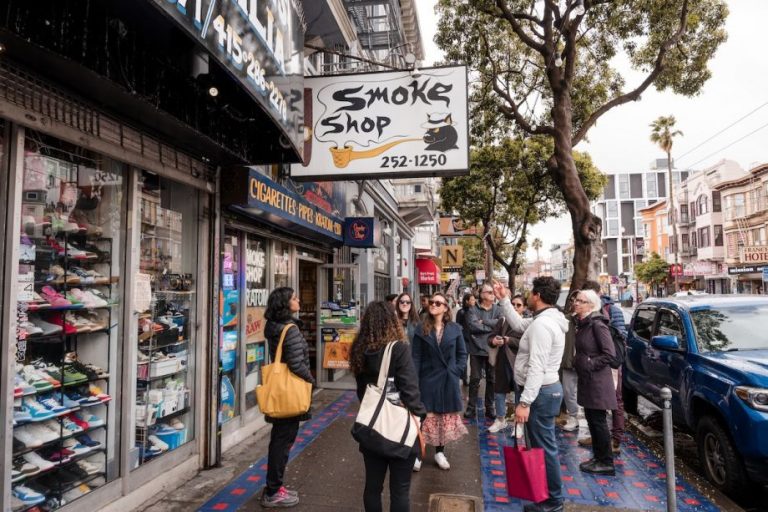Building A National Movement To Protect Small Businesses From Displacement
Willow Lung doesn’t come from a background in finance or business. She’s a scholar and professor focused on gentrification, social inequality and urban development. But five years ago, near the height of the Covid-19 pandemic, she founded the Small Business Anti- Displacement Network (SBAN) at the University of Maryland, a member-based national network dedicated to helping small businesses survive and thrive as their neighborhoods change. Since then, SBAN has amassed 180 members and counting.
“We have a lot of attention paid to housing issues and gentrifying neighborhoods and affordable housing policies, but we don’t have an equitable amount of attention, resources and policymaking around issues of commercial gentrification,” says Lung.






